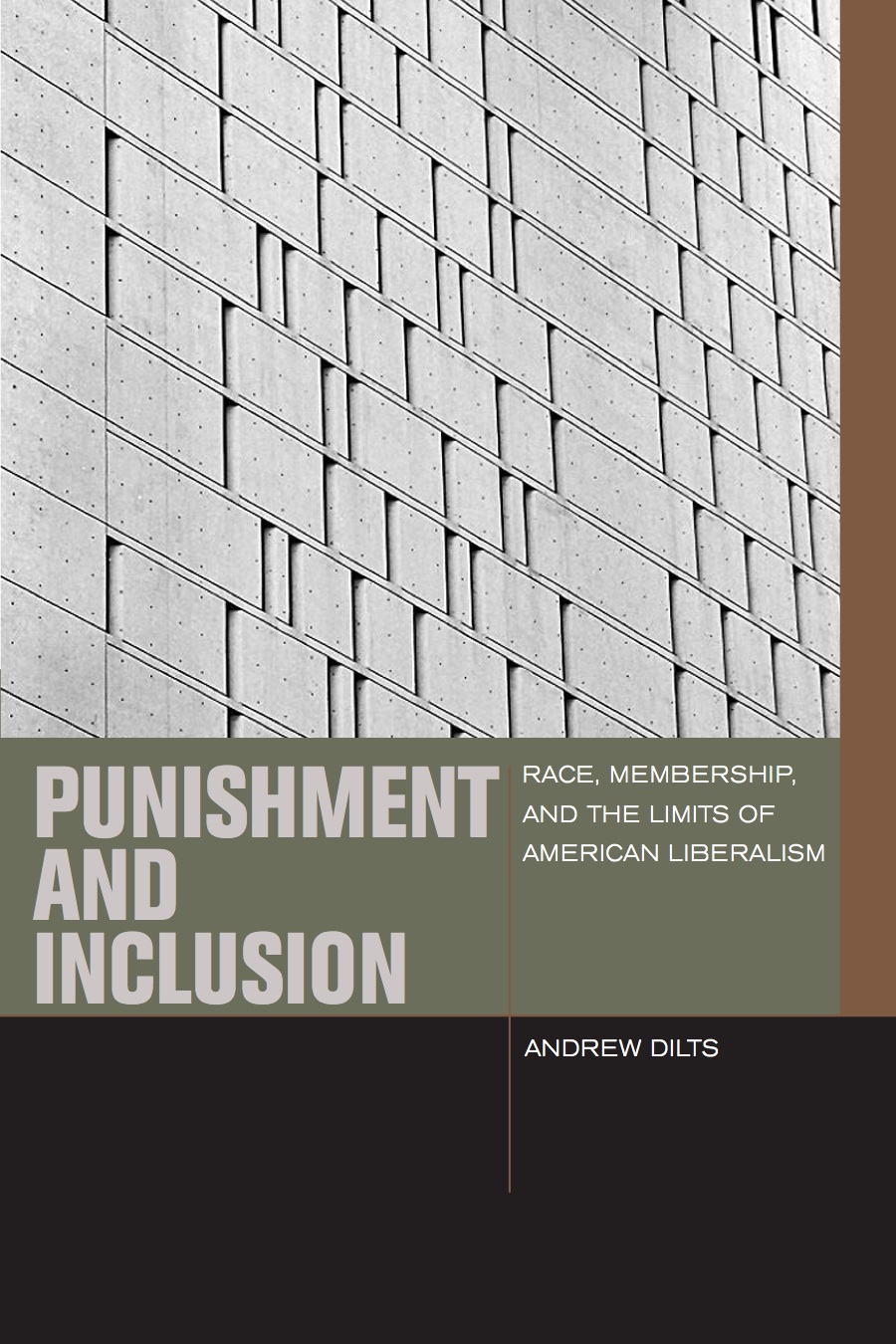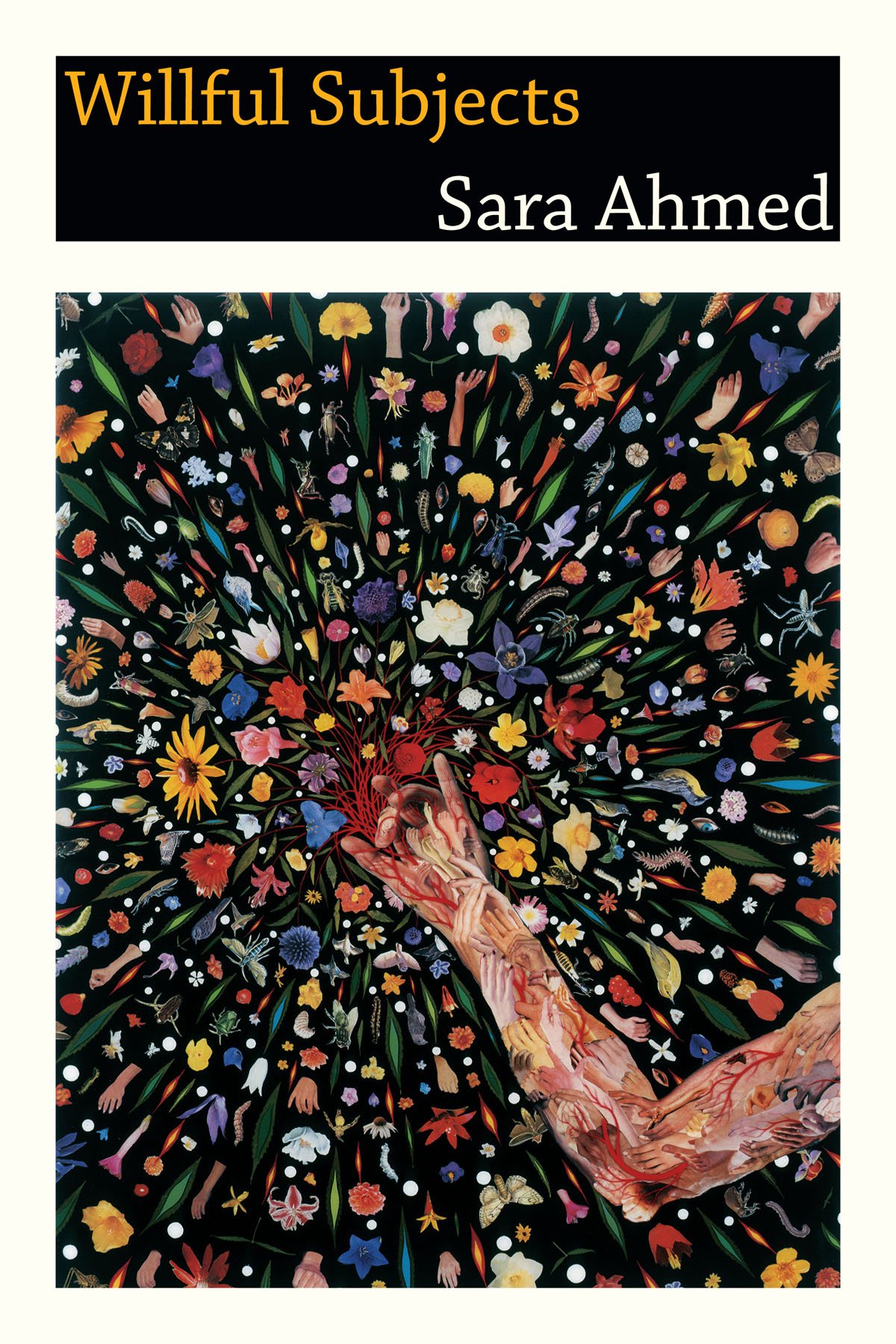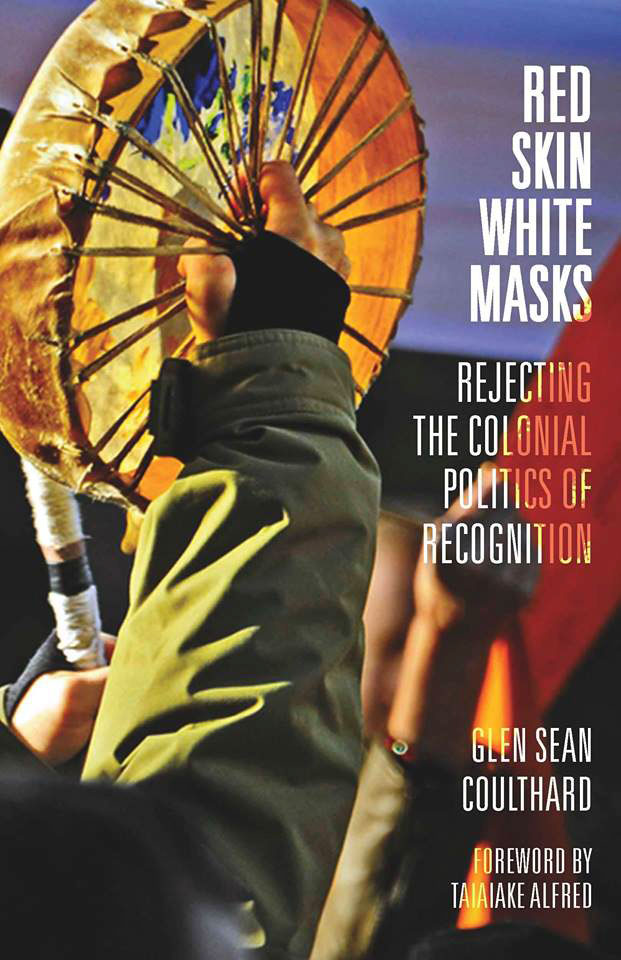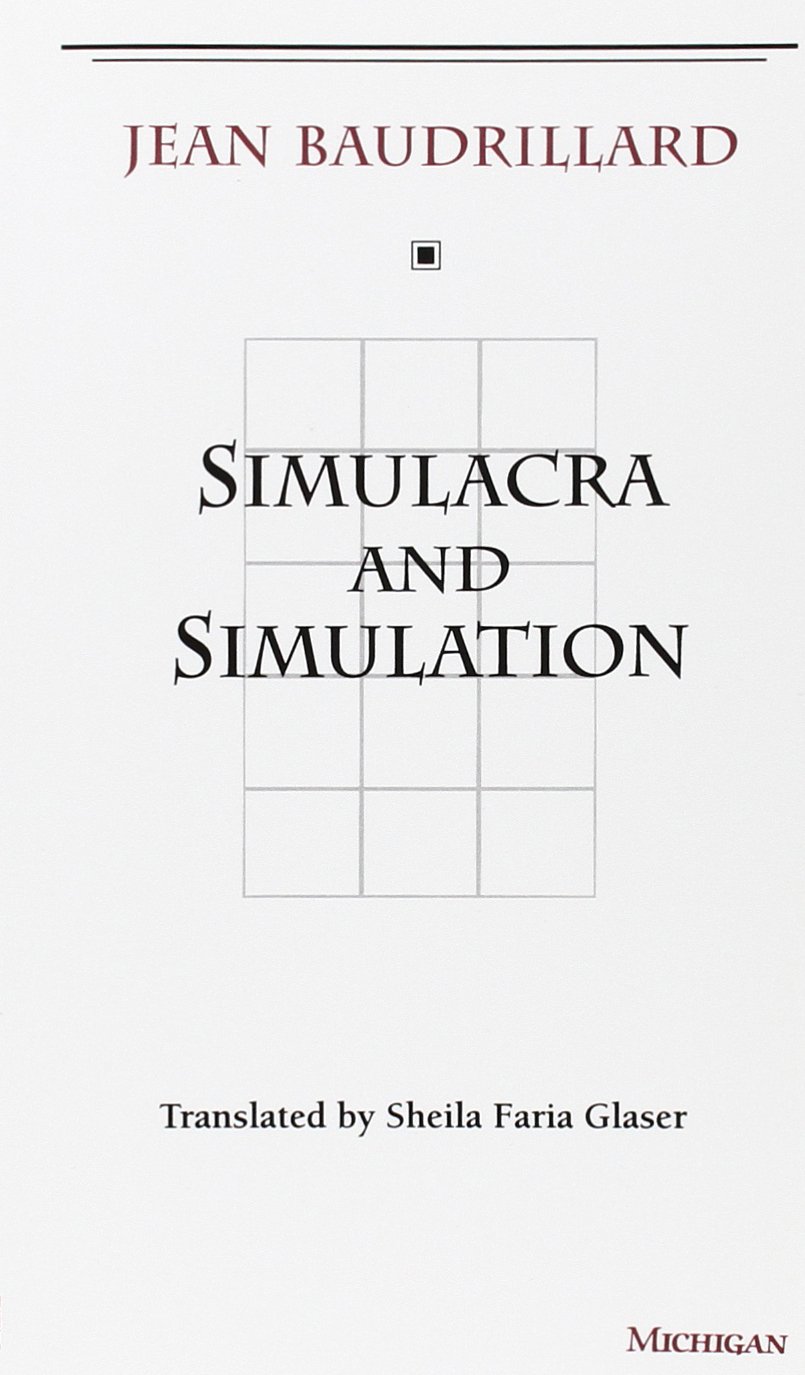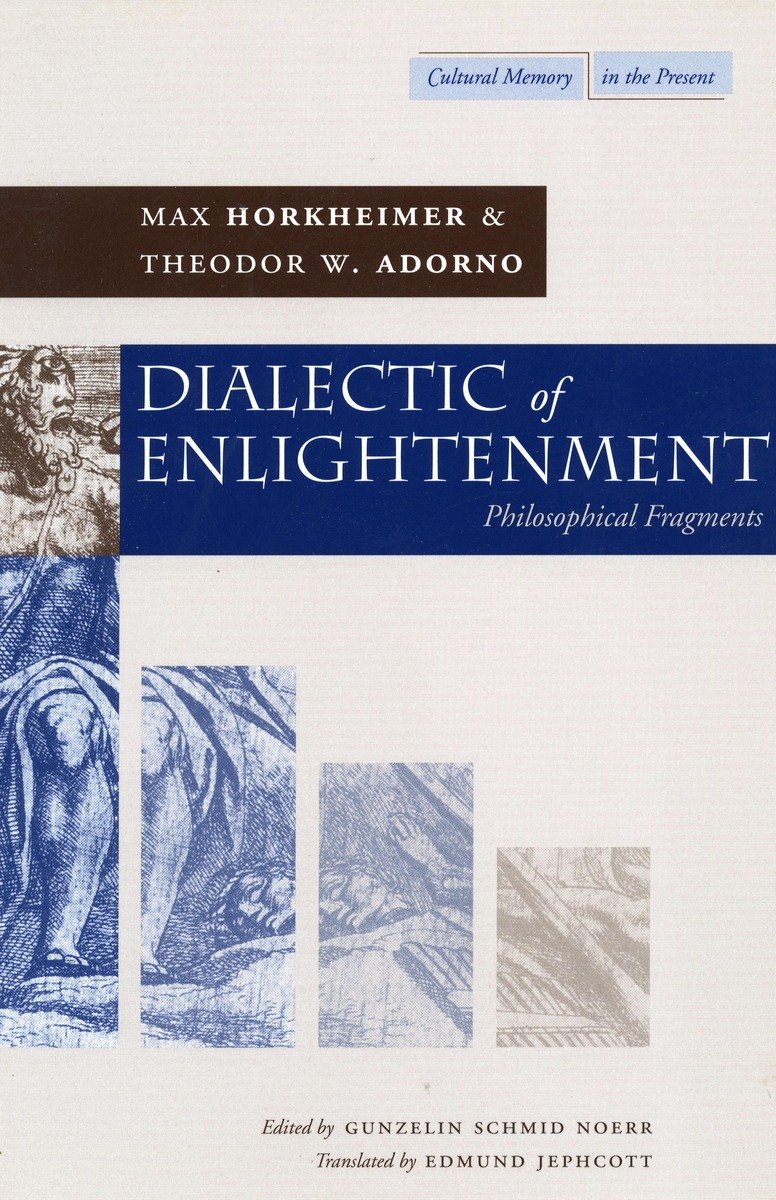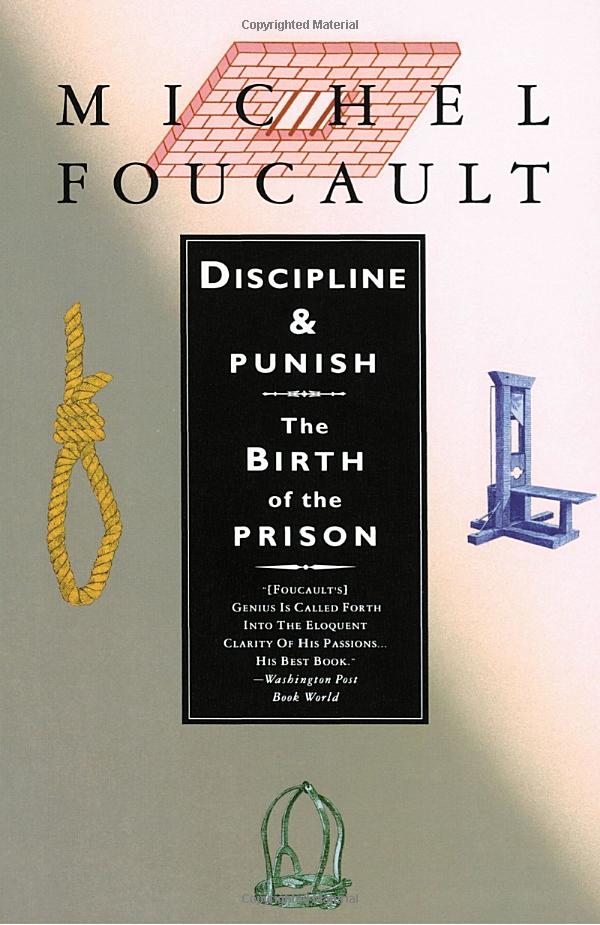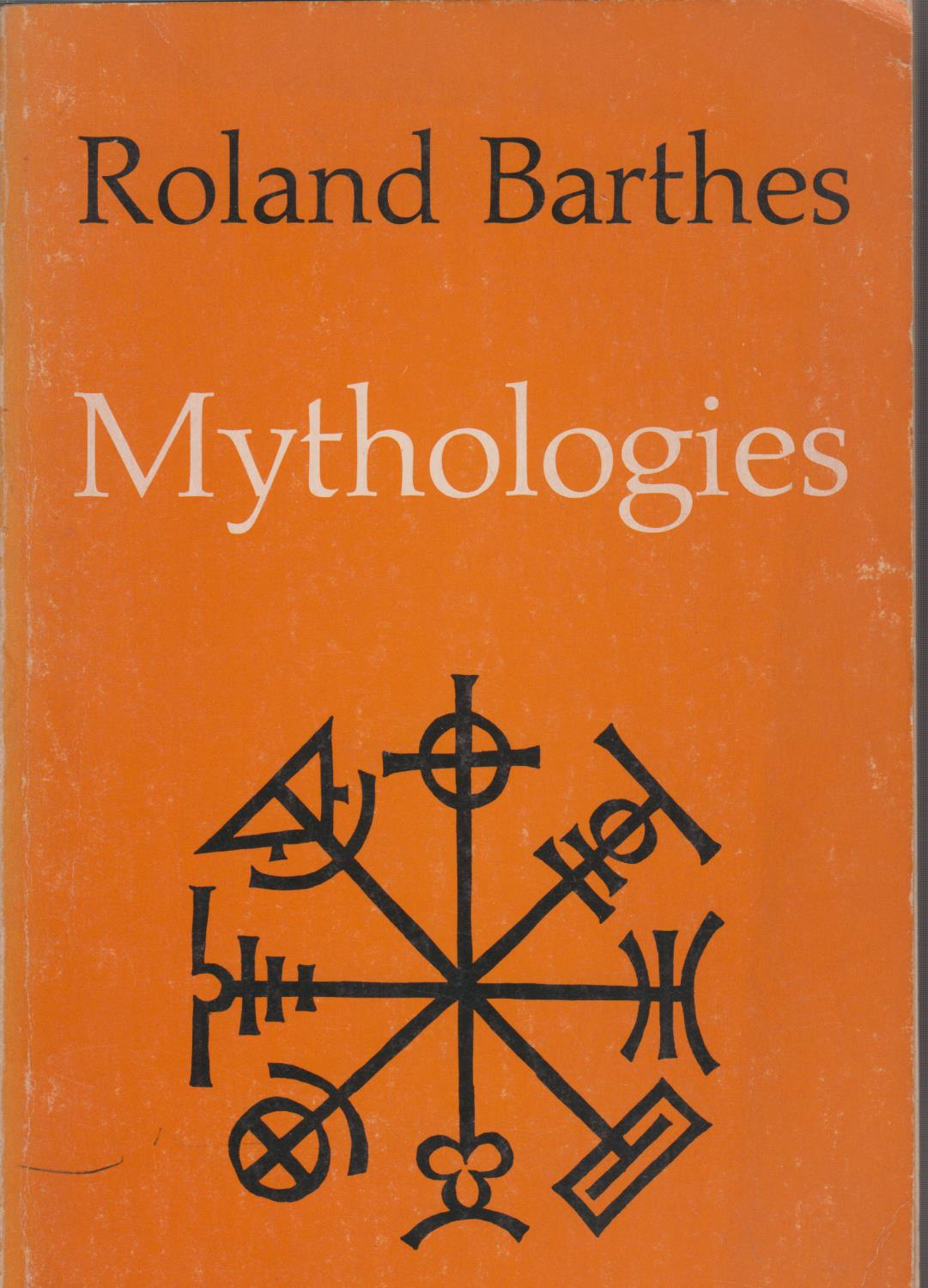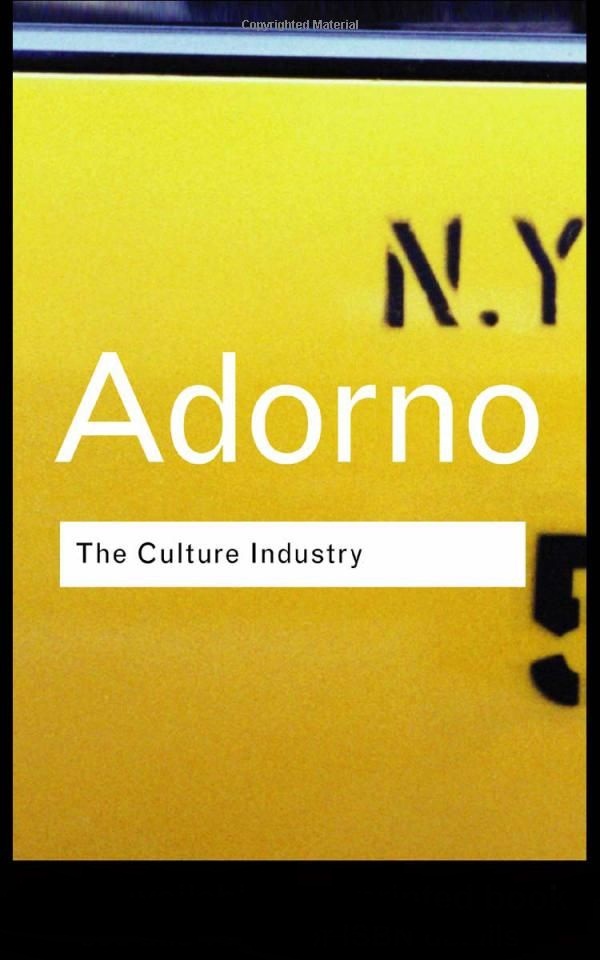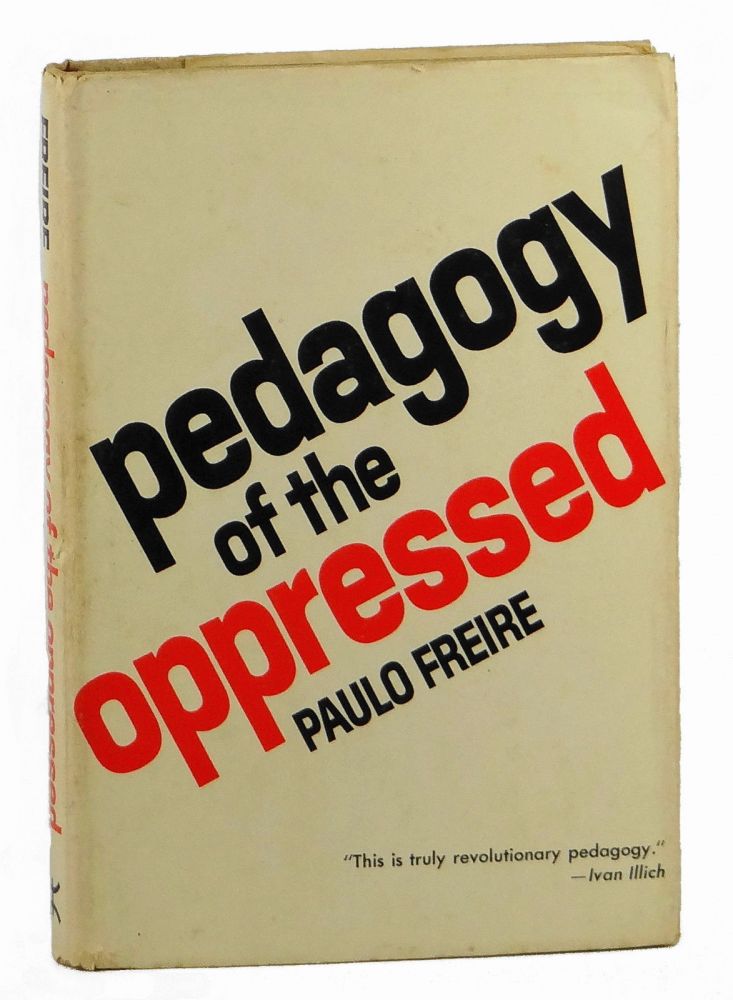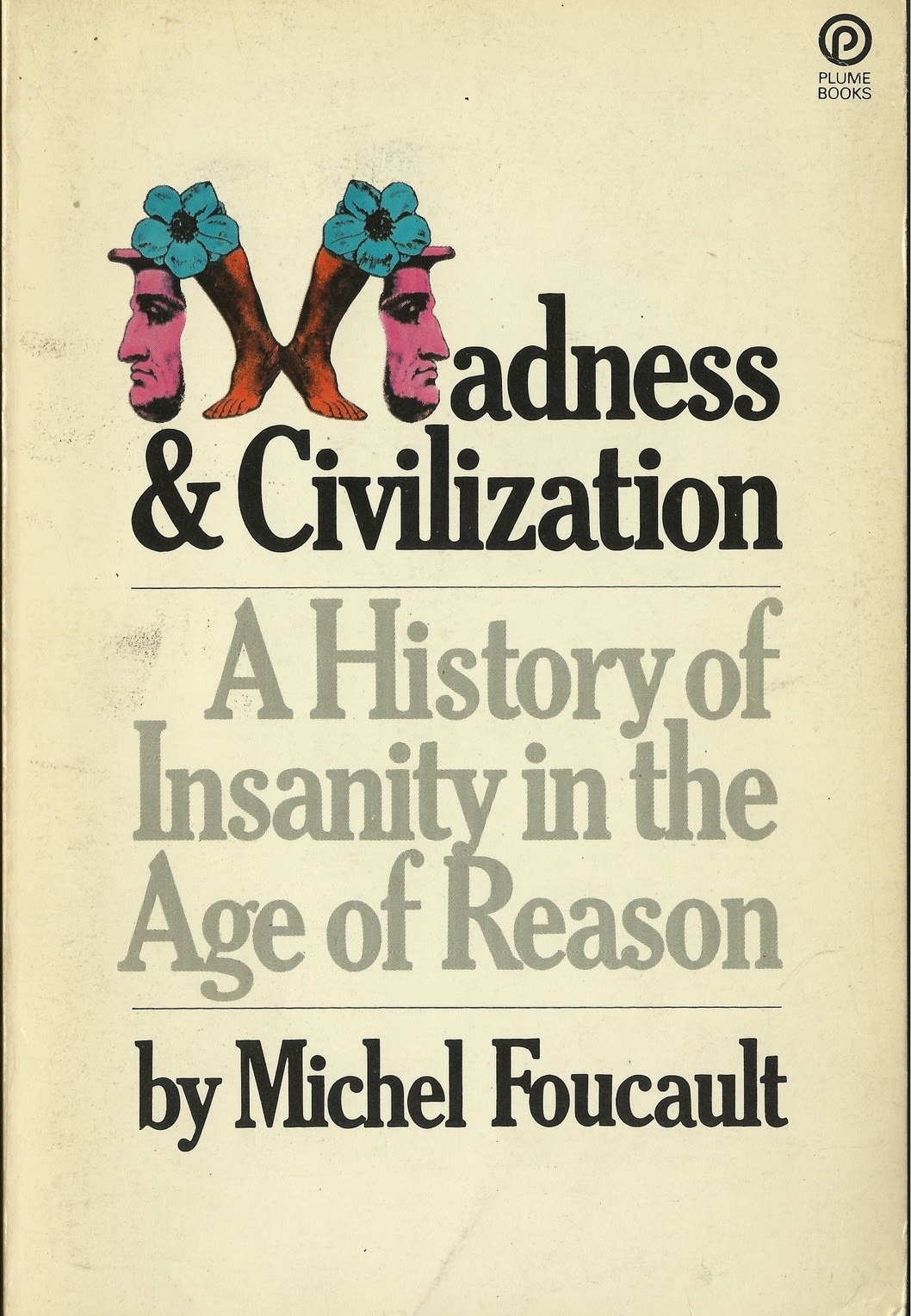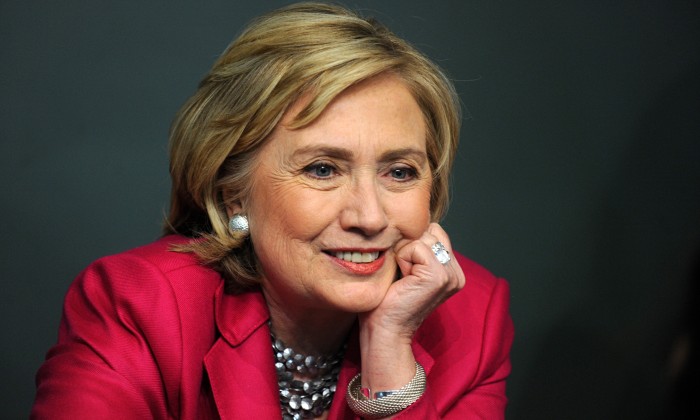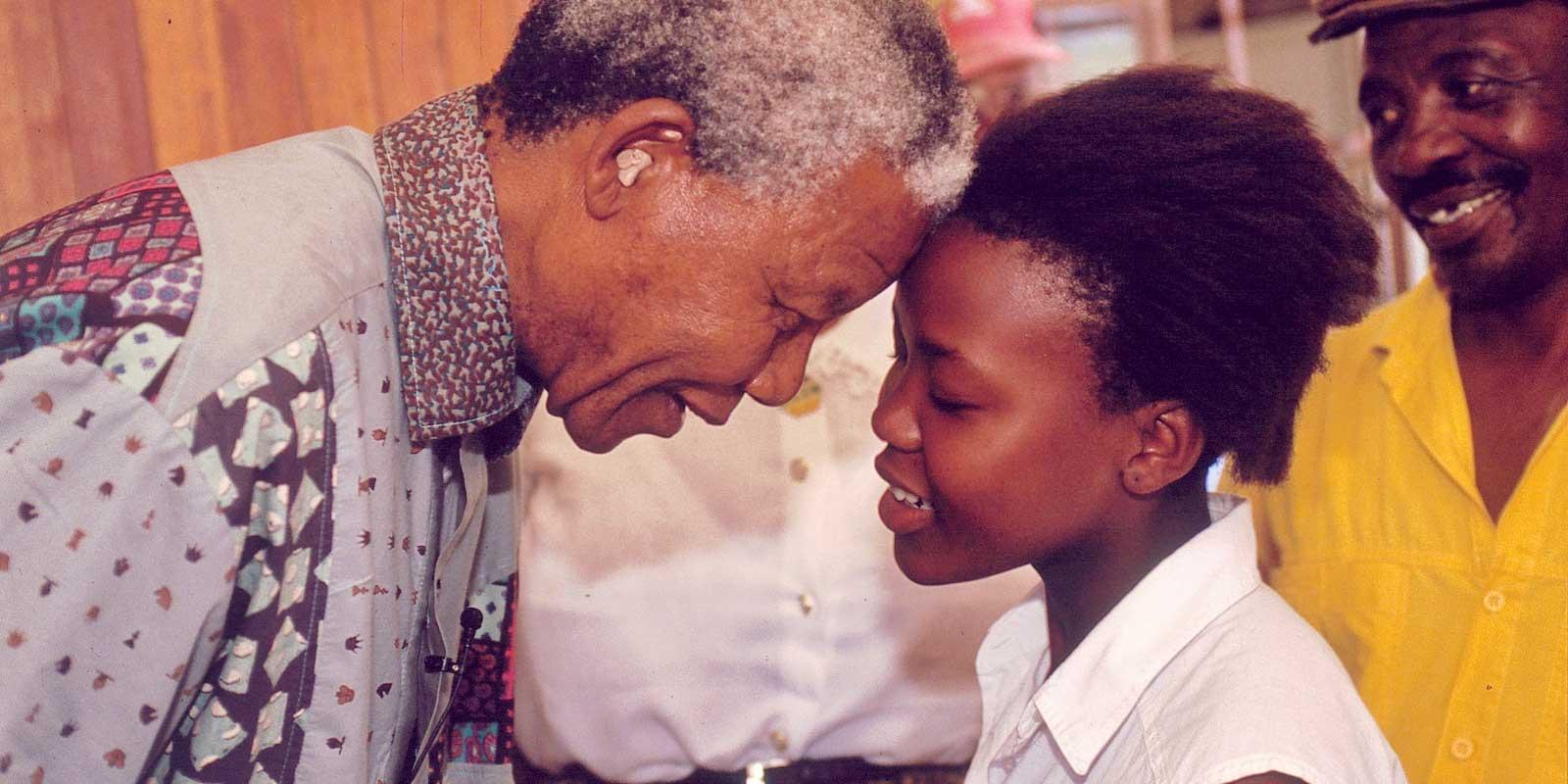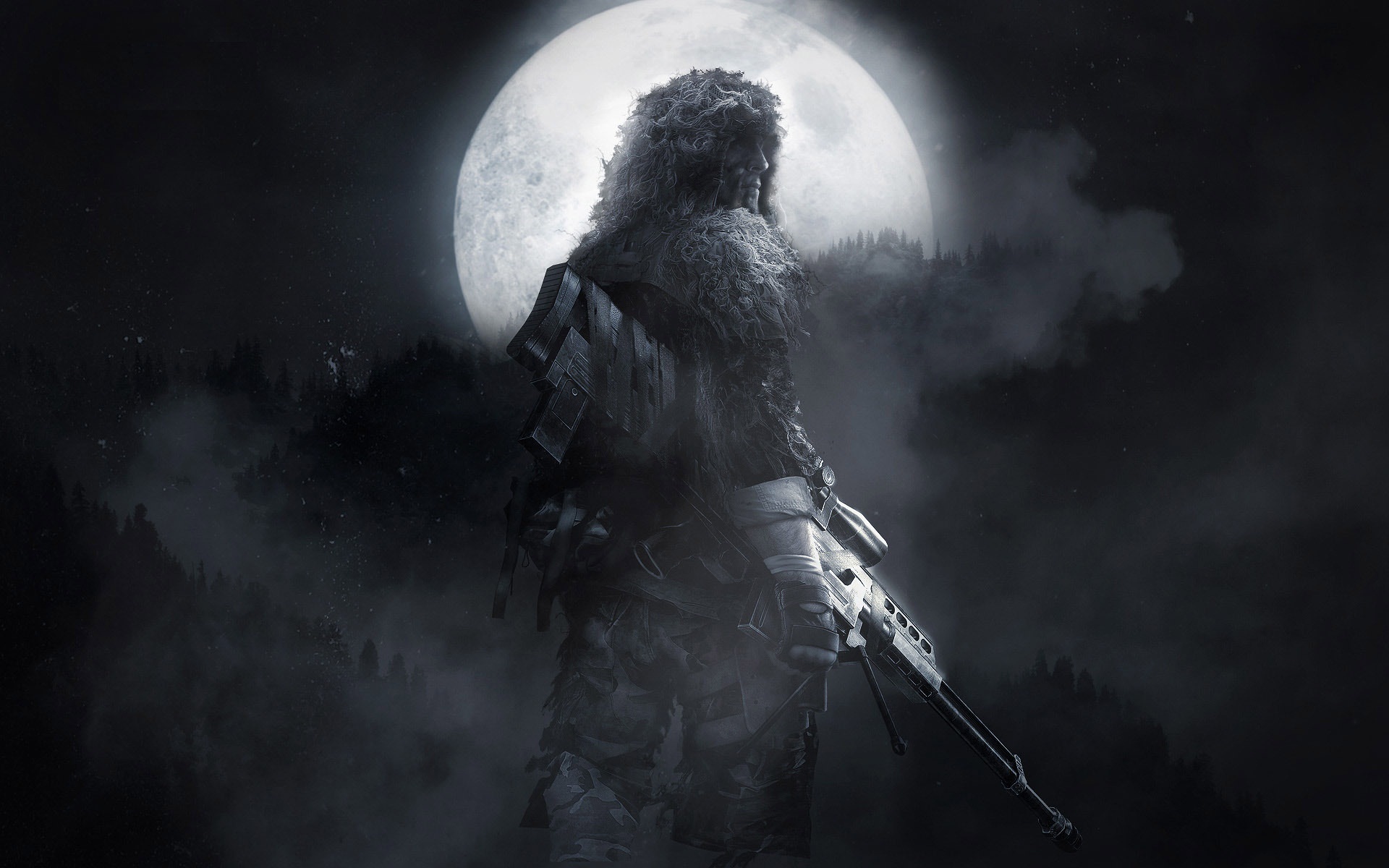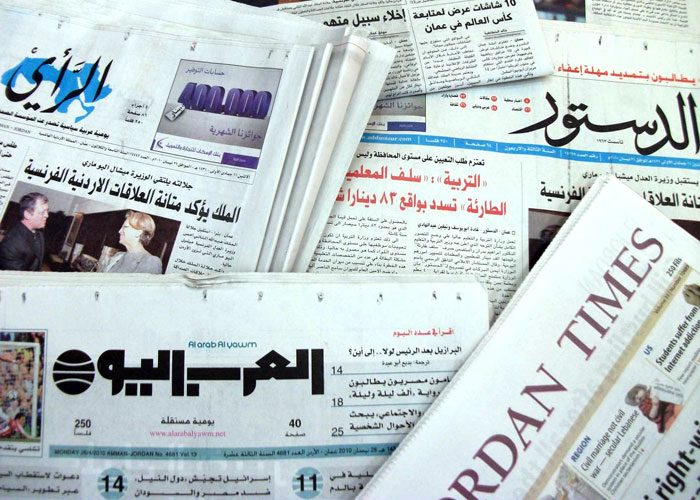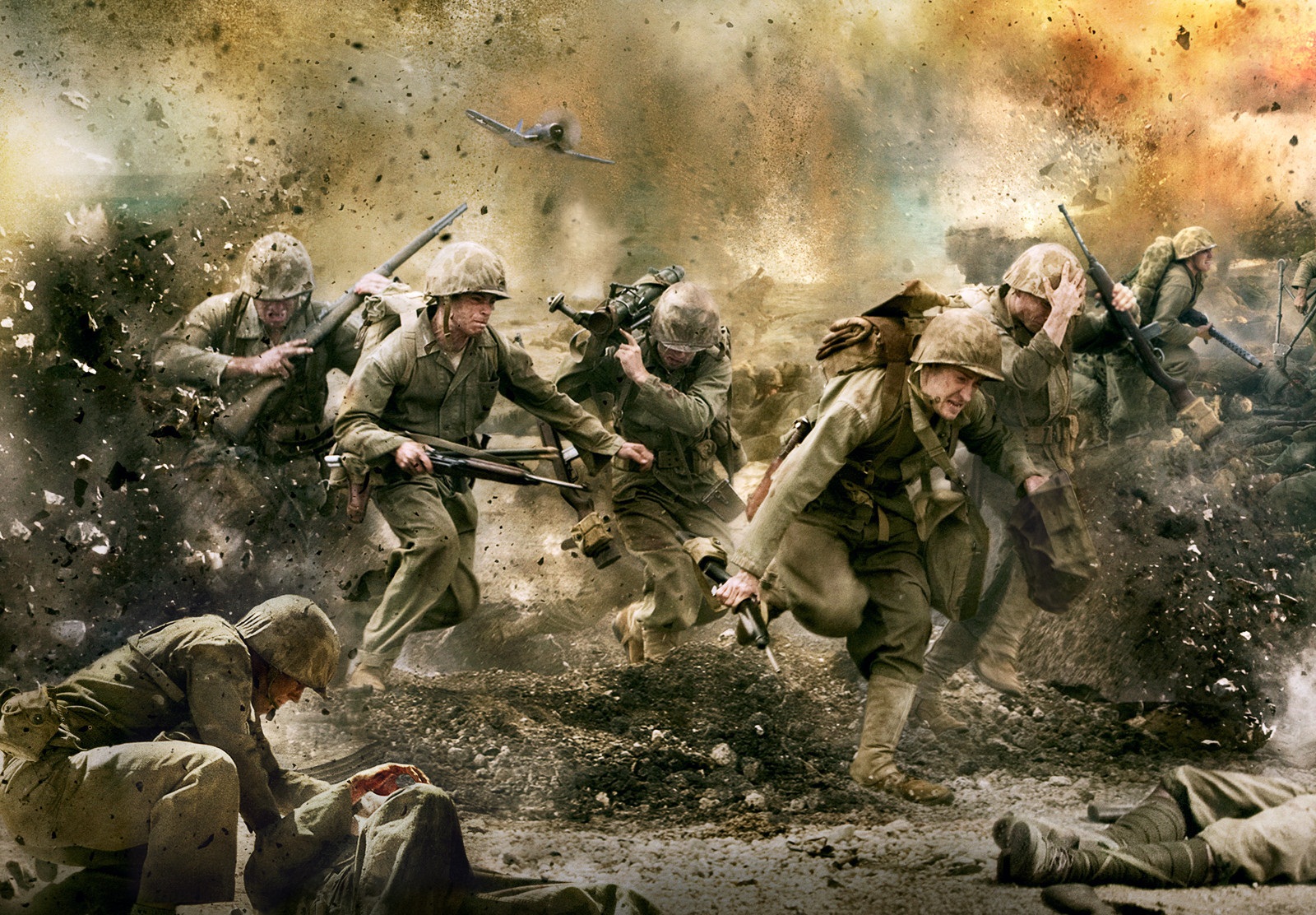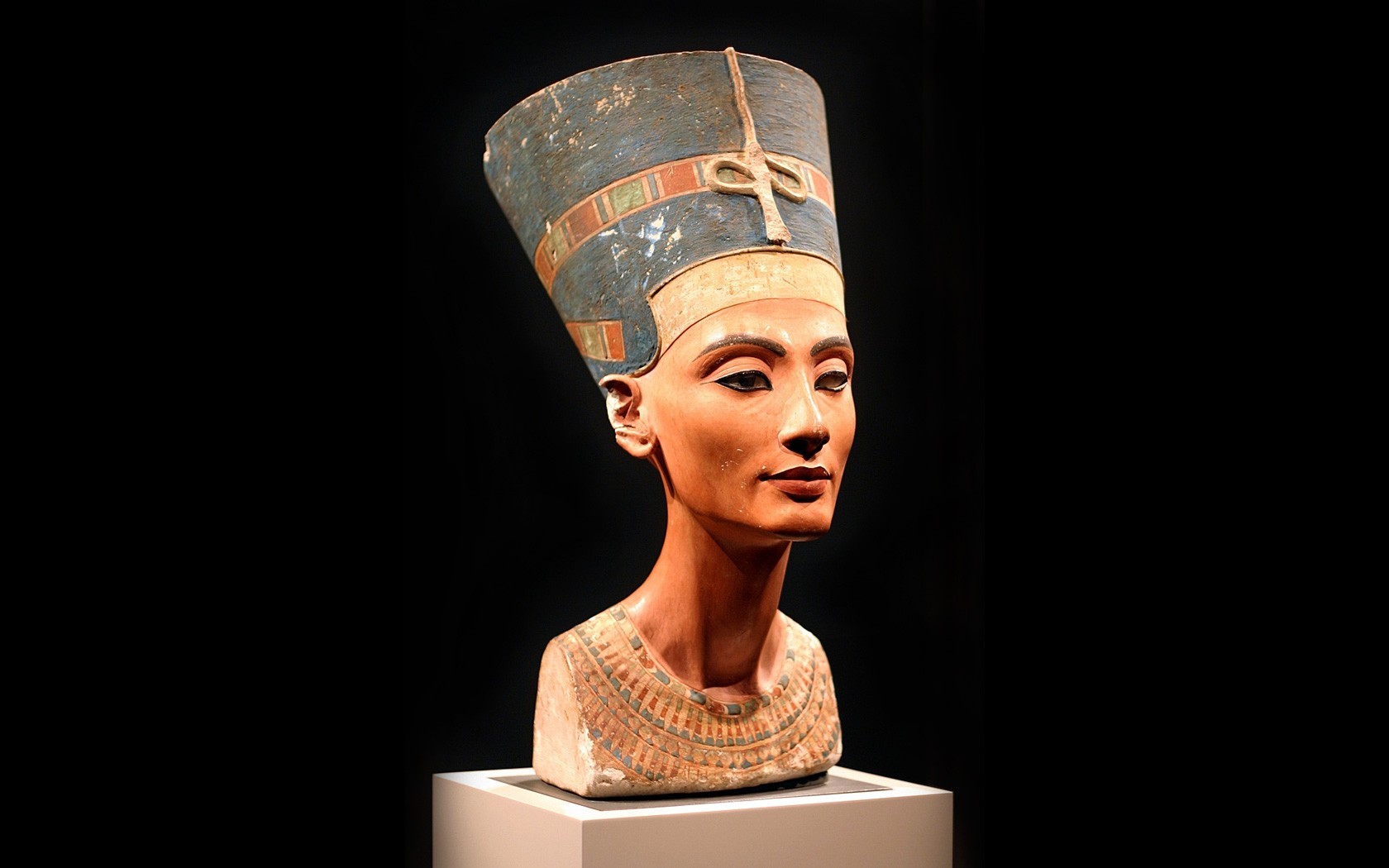
Top 10 Critical Theory Books
Do you have a small library in your house? It is wonderful. But you have within your books those of critical theories? If you don’t have these types, then you deeply need to have ones. This sort of books is necessary to contribute in cultivating your culture, knowledge and building your mind. If you are interested, we will offer you a list of the top 10 critical theory books you can have in your small library.
10 Punishment and Inclusion by Andrew Dilts
Punishment and Inclusion states that the particular history of criminal disenfranchisement, originated in post-slavery limitations on suffrage and the contemporary appearance of the modern American punishing system, illustrates the profound connections between two American political organizations often believed to be disconnected, revealing the work of association done silently by our criminal justice system, on the other hand, the work of punishment is completed by the electoral license.
9 Willful Subjects by Sara Ahmed
Sara Ahmed discovered determination as a charge made by some against others. The history of will is a history of efforts to get rid of willfulness from the will. Looking into philosophical and literary texts, the author inspects the relation between will and willfulness. Her reflections focus on how will is inserted in a political and cultural scenery, and how will and willfulness are socially mediated.
8 Red Skin, White Masks by Glen Sean Coulthard
Glen Sean Coulthard faces recognition as a technique of organizing identity in liberal politics, inquiring the supposition that contemporary difference and long-ago histories of caustic colonialism between the state and native peoples can be settled through a method of acknowledgment. Coulthard investigates a substitute politics that seeks to reconstruct native cultural practices based on self-recognition not on seeking approval from the agents of colonialism.
7 Simulacra and Simulation by Jean Baudrillard
Moving away from the Marxist/Freudian thoughts that had distressed him earlier, Baudrillard discussed in his book a theory of contemporary culture that depends on dislocating economic ideas of cultural production with those of cultural expenditure.
6 Dialectic of Enlightenment: Philosophical Fragments by Theodor W. Adorno,
The work goes further than a critique of contemporary events. Historically distant developments, the birth of Western history and of prejudice itself out of the struggle in opposition to natural forces, as characterized in myths, are related in a wide doorway to the most menacing experiences of the present.
5 Discipline and Punish: The Birth of the Prison by Michel Foucault
This revolutionary book by the most powerful philosopher since Sartre forces us to reconsider our assumptions about all the resulting reforms in the penal organizations of the West. Michel Foucault examines modernism that range from the elimination of torture to the establishment of forced labor and the emergence of the modern penitentiary, Foucault proposes that punishment has changed its locus from the prisoner’s body to his soul, and that our very anxiety with treatment encourages criminal activity.
4 Mythologies by Roland Barthes
Words and objects have the prearranged ability to say something together because they are signs. Words and objects contain the bad faith to appear natural to their user, as if what they say is everlasting, right and necessary. The book finds Barthes discovering the produced systems of notions that make it possible.
3 The Culture Industry by Theodor W. Adorno
The construction of the Frankfurt School of critical theory in the 1920s witnessed the brilliance of some of the most important writings in the 20th century. It is out of this environment that the critic Theodor Adorno appeared. This is an assortment of his essays, providing the reader with approaching into Adorno’s notions in culture.
2 Pedagogy of the Oppressed by Paulo Freire
The tactic of the late Paulo Freire has helped to authorize innumerable impoverished and uneducated people all over the world. Freire’s work has been taken on special importance in the United States and Western Europe, where the formation of enduring underclass among the disadvantaged and minorities in cities as well as urban centers is more and more accepted as the rule.
1 Madness and Civilization: A History of Insanity in the Age of Reason by Michel Foucault
Michel Foucault illustrates why his place as one of the most illustrious of European philosophers since the end of World War II is clear of no doubt; his influence controls contemporary thinking. This book is Foucault’s initial major text and is decisive to the study of his work, as his other books talk about themes well-known here: powers as well as imprisonment are the core of this study.

